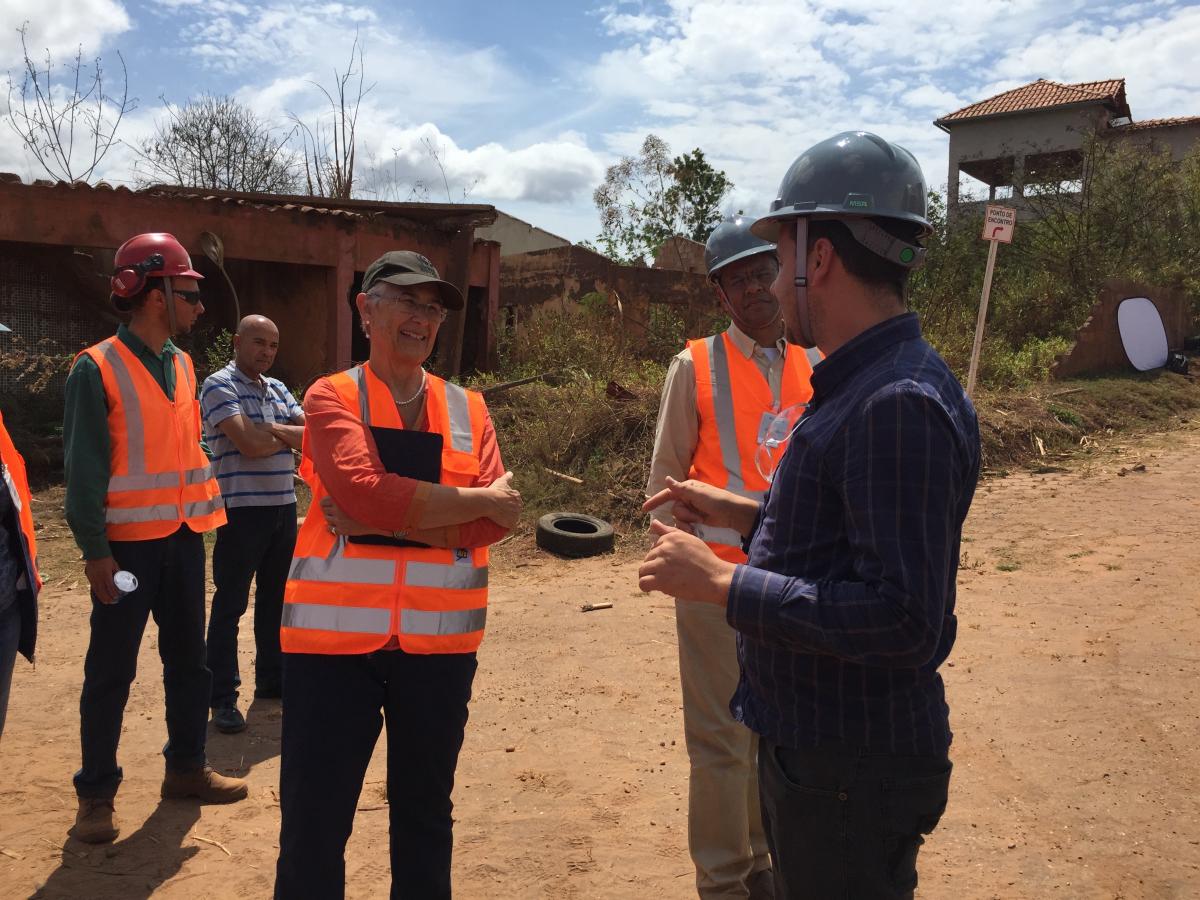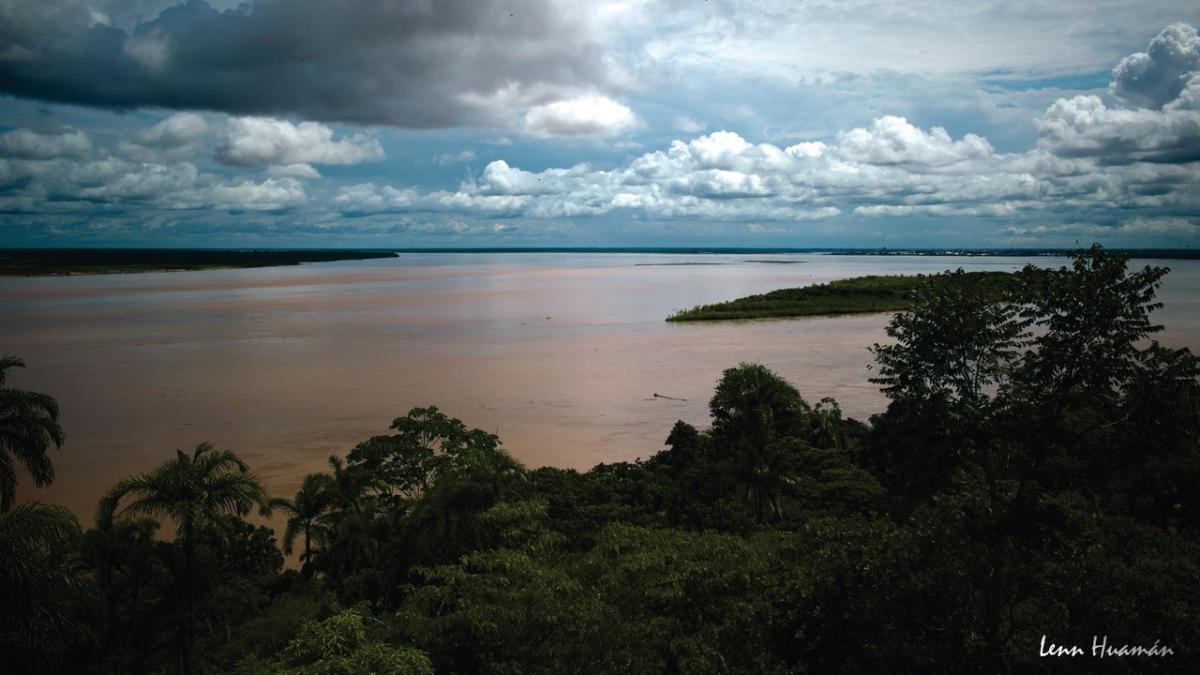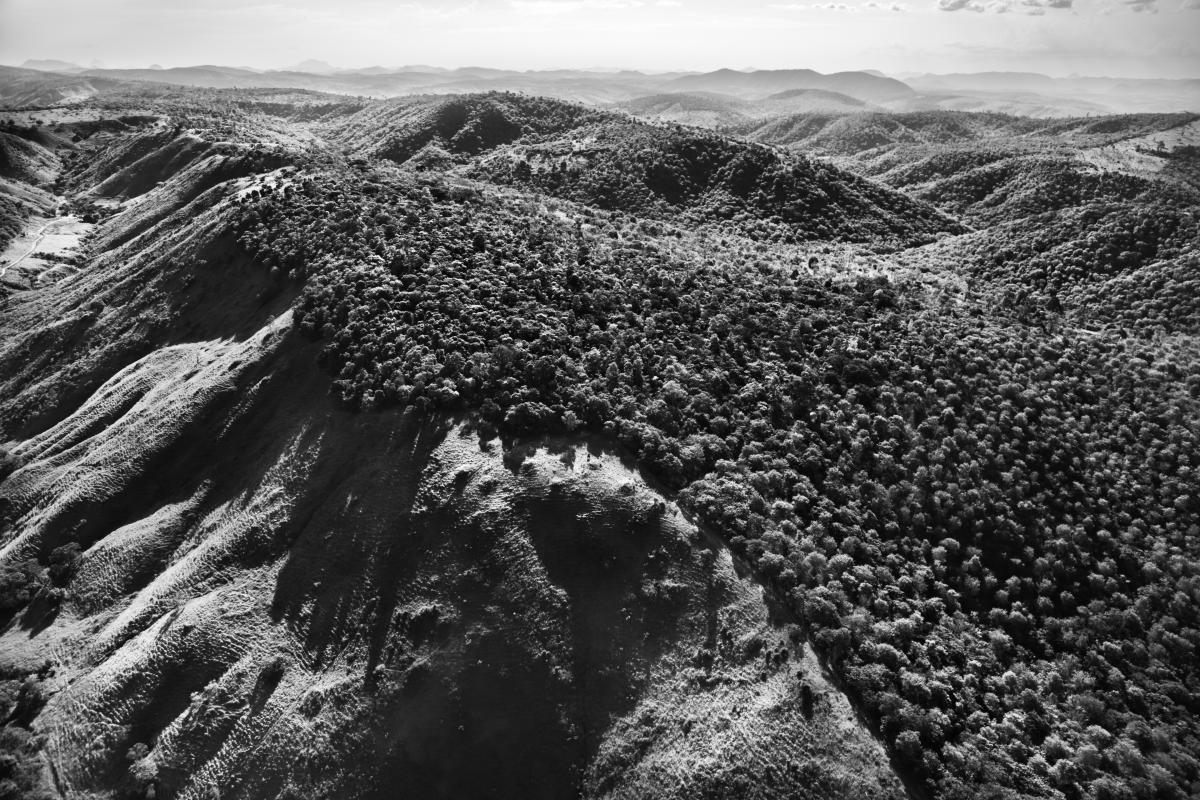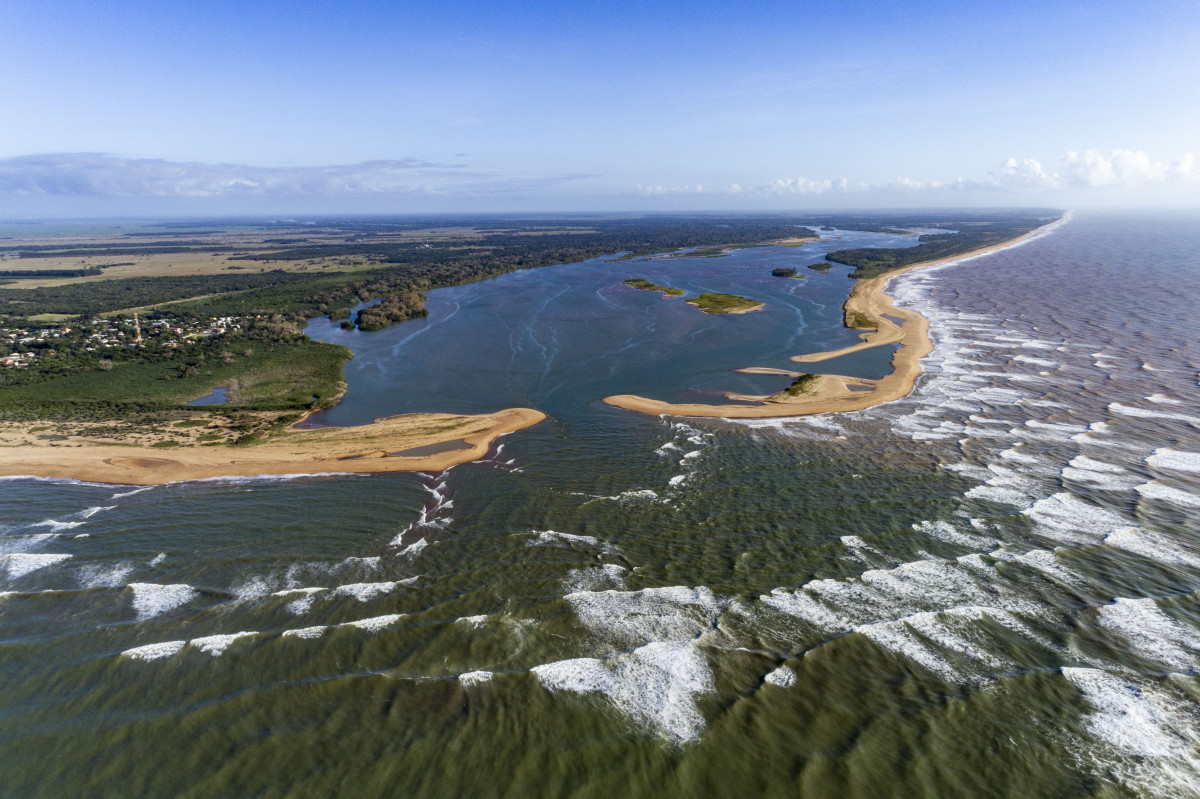New IUCN-led independent, scientific panel begins work in Brazil’s Rio Doce watershed
Brasilia, Brazil -- At the first meeting of an independent scientific expert panel established in September by the International Union for Conservation of Nature (IUCN), in partnership with the Renova Foundation, members visited some of the local stakeholders and areas affected by the 2015 collapse of the Fundão tailings dam at the Samarco mine in the State of Minas Gerais.

Photo: IUCN-Stephen Edwards
IUCN created the Rio Doce Panel at the request of the Renova Foundation to provide objective guidance on the environmental and socio-economic restoration efforts underway in this important watershed. The purpose of the foundation is to help address the impacts of the tailings dam breach, which resulted in 19 deaths, and caused major environmental, economic and social damage to the local communities and the environment in the States of Minas Gerais and Espírito Santo.
“The Rio Doce Panel members saw first-hand the immense challenges that the local communities and the Renova Foundation are facing as the area strives to recover from the dam breach and rehabilitate this vital watershed,” says the Panel Chair Yolanda Kakabadse, a global environmentalist and former Minister of Environment for Ecuador. “While the issues are complex, there is also an incredible opportunity to create a model for landscape restoration in Brazil and globally. I am confident that the Panel – with its wide-range of expertise in freshwater biology, engineering, geochemistry, economics, governance, social issues and landscape management – can contribute to making such a vision a reality.”
During its meeting from 25-29 September, the Rio Doce Panel visited some of the areas directly impacted, including the Gualaxo and Doce rivers, and the municipalities of Mariana, Barra Longa and Rio Doce. Based on their preliminary findings and discussions with community, company and government stakeholders, the Panel is now tasked with reviewing the 42 programmes that the foundation has already commissioned in the region, as a starting point to setting its priorities and developing a work plan for the next five years.
The Rio Doce Panel is expected to provide robust advice and recommendations, as well as enhance collaboration among the region’s stakeholders from government, finance and civil society. (See the Panel’s Terms of Reference. In addition, following IUCN’s procedures for managing independent, scientific and technical advisory panels, the agenda for Panel meetings, and its conclusions and recommendations, will be publicly available.
According to Roberto Waack, president of the Renova Foundation, the multi-disciplinary character of the Rio Doce Panel is critical for delivering the restoration efforts. "The diversified and balanced composition of the Rio Doce Panel, which includes national and global experts, is extremely valuable for ensuring a long-term, integrated landscape perspective,” says Mr Waack. “Together, with their accumulated experience, they can undertake a comprehensive review of the remediation and compensation programmes – across the social and environmental streams – and help us identify any gaps as well as best practices for restoring the Rio Doce watershed and its communities”.
The Rio Doce Panel Chair and members were selected from an open and competitive process, which concluded in September 2017, prior to the first meeting. In addition to professional experience, the selection process used indicators, such as gender, citizenship and local versus international knowledge, to compose the panel.
The Rio Doce Panel includes the following members.
Yolanda Kakabadse, Chair, is a former Ecuadorian Minister of Environment, President of IUCN, co-founder of the Latin American Future Foundation and current President of WWF International. She has received numerous honorary awards, including the "Golden Ark Order" (1991), the "UN 500 Global Award" (1992), and the Zayed Prize (2001), among others. She lives in Quito, Ecuador, and will focus on governance issues.
Keith Alger, PhD, Member, is a former Senior Vice President of the Americas and Africa for Rare. He in an American citizen residing in Maryland, and he will focus on economics.
Luiza Alonso, PhD, Member, is a Professor of Sociology at Brasilia Catholic University, and a member of FUNDHAM (Fundação Museu do Homem Americano). Based in Brasilia, she will focus on social issues.
Francisco Barbosa, PhD, Vice Chair, is a Professor in the Department of General Biology at the Federal University of Minas Gerais. He lives in Belo Horizonte, and will focus on freshwater biology.
Hubert Roeser, PhD, Member, is a Professor in the Department of Environmental Engineering in the Federal University of Ouro Preto. A German citizen, he will focus on geochemistry and toxicology.
Luis E. Sanchez, PhD, Member, is a Professor of Mining Engineering at Escola Politécnica, University of São Paulo. He will focus on engineering and impact assessments.
Maria Cecilia Wey de Brito, Msc, Member, is currently with EKOS Brasil Institute, based in São Paulo. She will focus on landscape management.
About IUCN
The International Union for Conservation of Nature (IUCN) is a membership Union uniquely composed of both government and civil society organisations. Created in 1948, IUCN is the world’s largest and most diverse environmental network. It harnesses the experience, resources and reach of its 1,300 Member organisations and the input of some 16,000 experts. IUCN is also recognised as the global authority on the status of the natural world and the measures needed to safeguard it.
About Renova
Following a framework agreement, known as the Transaction and Conduct Adjustment Term (TTAC), signed by Samarco and its shareholders, BHP and Vale, with several public and private bodies, the Renova Foundation was created to rebuild, restore and repair the impacts caused by the Fundão dam collapse in November 2015. It has since implemented a number of programmes, which are valued for their transparency and the involvement of the communities in all the stages.
To learn more, visit: www.iucn.org/riodocepanel



